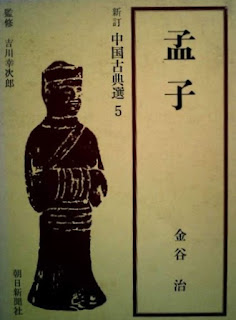バーク『フランス革命の省察』(49)泣く子も黙る4術語
Reason can furnish nothing to reconcile inconsistency; nor can partial favor be accounted for upon equitable principles. But the contradiction and partiality which admit no justification are not the less without an adequate cause; and that cause I do not think it difficult to discover. (理性は、矛盾を調整するものを提供できません。また、依怙贔屓(えこひいき)を、衡平(こうへい)原理に基づいて説明することも出来ません。しかし、正当化を許さない矛盾と依怙贔屓であっても、それ相応の理由がないわけではありません。その理由を発見するのが難しいとは私は思いません)― cf. 半澤訳、 p. 138 All these operose proceedings were adopted by one of the most decided tyrants in the rolls of history, as necessary preliminaries, before he could venture, by bribing the members of his two servile Houses with a share of the spoil, and holding out to them an eternal immunity from taxation, to demand a confirmation of his iniquitous proceedings by an act of Parliament. Had fate reserved him to our times, four technical terms would have done his business, and saved him all this trouble; he needed nothing more than one short form of incantation: —...





